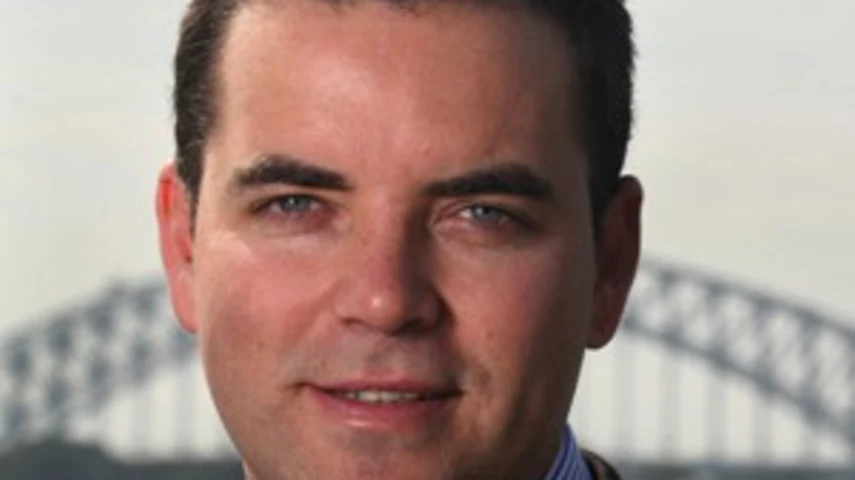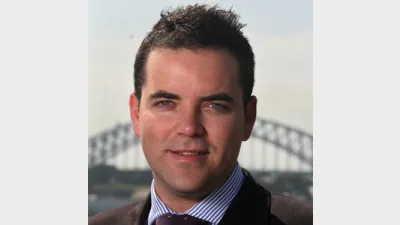Client management the key to scaled advice



Ibbotson Associates’ Matthew Esler highlights that effective client engagement not only empowers financial planners with the key to unlocking scaled advice but also ensures paramount consideration is given to clients’ best interests.
There has been much debate surrounding the concept of ‘scaled advice’ and the Australian Securities and Investments Commission’s (ASIC’s) recent interpretation: ie, that personal advice that is limited in scope (refer to ASIC Regulatory Guide 244).
Financial planners will argue that limited personal advice has been around for many years. ASIC counters that “while many Australian Financial Services Licensees (AFSLs) are already giving scaled advice, they are not uniformly providing good quality advice”, referencing their March 2012 shadow shopper survey where they found only 3 per cent of advice was ‘good quality’; 39 per cent was ‘poor quality’; and 56 per cent was ‘adequate’.
The Government introduced the concept of ‘scaled advice’, part of the Future of Financial Advice (FOFA) reforms, as a means of addressing two key problems:
- advice complexity – providing advice that is something less than holistic; and
- advice affordability – providing advice that is affordable to more people.
There is little doubt the Government has correctly identified the problems.
In the unbridled pursuit of holistic advice, financial planners have tended to provide advice that is too complex for many clients’ needs and objectives.
The more holistic the advice the more time it takes to produce, thus making it unaffordable for the majority. Time is money in the financial planning world as it is in any service profession.
‘Best interests’ will replace the existing ‘reasonable basis for advice requirements under section 945A of the Corporations Act, but it could be argued that having a fiduciary responsibility to your client (best interests) does not necessarily mean the advice you provide will be ‘good quality’.
The Government has steered clear of this by maintaining “the principle guiding the application of the best interests obligation is that meeting the objectives, financial situation and needs of the client must be the paramount consideration when providing advice”.
To ensure that this is your paramount consideration when providing advice, financial planners need to properly engage their clients.
The following few tips will help achieve better client engagement and ‘good quality’ scaled advice.
1. Establish an effective client engagement process
I often refer to scaled advice as stepped advice because limited advice is most effectively provided one step at a time.
With each step the client should become more confident in the value of your advice. Build the relationship slowly.
ASIC says that scaled advice does not mean reducing advice quality, but moving down the spectrum of advice complexity. So start simple.
Define the types of advice you can apply (based on your skills and expertise). Work out how long they take to implement – from fact find and financial needs analysis, to modelling, research and analysis, to SOA generation, delivery and implementation.
Then either price each type of advice mutually exclusively of each other, or bundle different types of advice as a package. Make sure the client understands that advice not provided now may be provided in the future.
2. Understand your skills and expertise
Combine good quality processes around engagement to allow your clients to experience your financial planner expertise.
In the ‘points to consider’ in RG244, ASIC states: “While processes can be used to help you provide scaled advice, you need to use your expertise and skills as an advice provider to deliver good quality scaled advice”. Avoid holding yourself out as an investment doyen.
You may be able to generate returns of 1-3 per cent above benchmark in the short-term, but fund managers with better resources and capabilities struggle to out-perform regularly.
Outsource anything beyond your skills and expertise (including the advice if you do not have the expertise – as will be legislated).
Limit your advice to technical advice and strategy, which will allow you to build and protect wealth far more effectively. Good technical strategy can generate 5 per cent more retirement capital, irrespective of markets (Transition to Retirement – TTR – is a case in point here).
3. Make the initial client meeting dynamic
This is the opportunity to understand the client – and the opportunity for the client to understand themselves. Often a client does not fully comprehend their financial situation.
So paint the picture for them. Make it interactive and dynamic. This is best achieved using software, but whiteboards are still the weapon of choice – and can be just as effective.
Take the example of a 55-year old “conservative” client wanting $75,000 per annum net income in retirement.
Current salary of $80,000 pa; $300,000 in super; 10 years left to retirement at age 65. It is amazing how often this type of client is surprised that their retirement capital will be exhausted by age 71 (assuming Superannuation Guarantee only and a return after fees but before tax of 5.5 per cent).
By entering basic fact-find data into interactive software, your clients can be engaged in the advice process.
They will also understand the impact of the advice provided, or more importantly NOT provided (at least for now) for the purpose of scaled advice and opt-in.
Summary
Process may help you give scaled advice but advice skills enable you to deliver good quality advice.
Understand why the Government introduced scaled advice in the first place (ie, affordability, complexity) and combine that knowledge with ASIC’s desire for AFSLs to provide good quality advice and the principles embedded in the best interests obligation.
Client engagement is the key to unlocking scaled advice and ensuring that meeting the client’s objectives, financial situation and needs is paramount.
Matthew Esler is head of distribution at Ibbotson Associates.
Recommended for you
Despite the year almost at an end, advisers have been considerably active in licensee switching this week while the profession has reported a slight uptick in numbers.
AMP has agreed in principle to settle an advice and insurance class action that commenced in 2020 related to historic commission payment activity.
BT has kicked off its second annual Career Pathways Program in partnership with Striver, almost doubling its intake from the inaugural program last year.
Kaplan has launched a six-week intensive program to start in January, targeting advisers who are unlikely to meet the education deadline but intend to return to the profession once they do.










